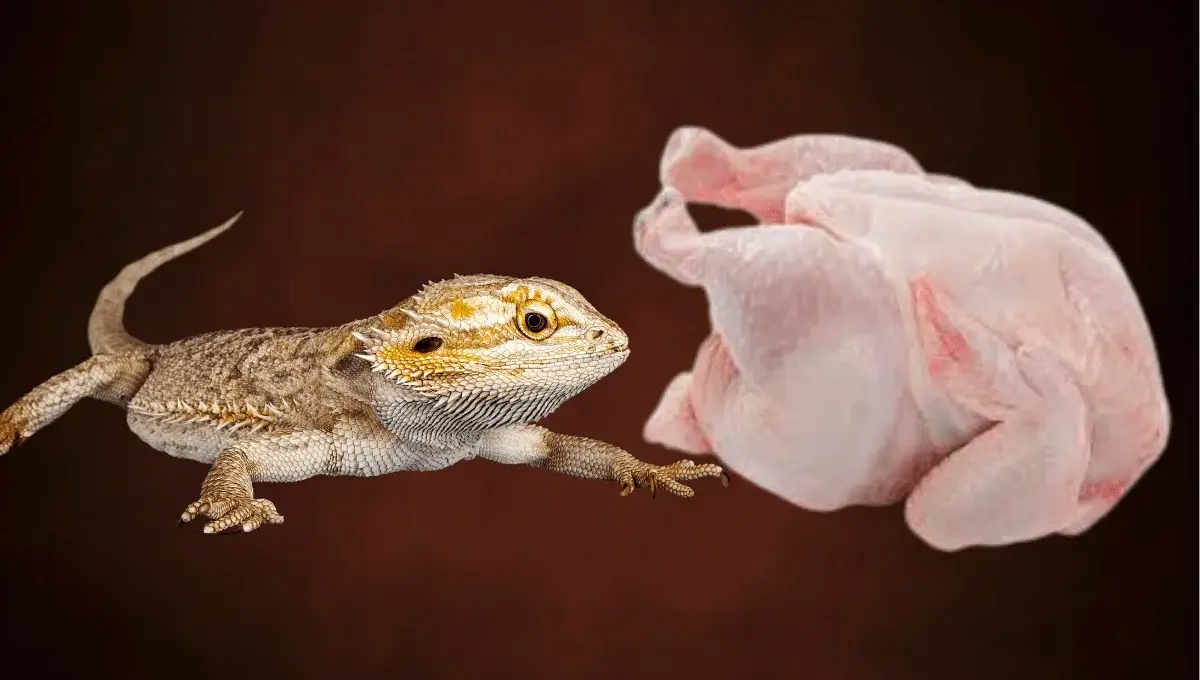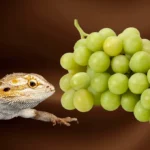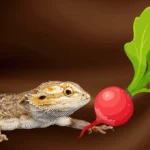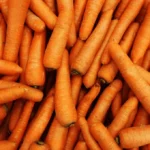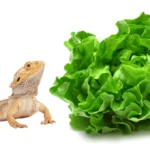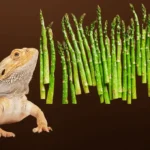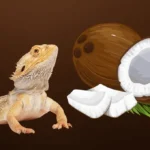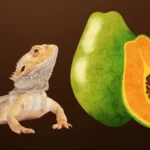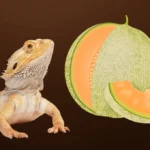Bearded dragons are omnivores, meaning they eat both animal and plant-based foods. Their diet typically includes a variety of insects, leafy greens, vegetables, and occasional fruits. Given their diverse diet, it’s important to understand which foods are safe and beneficial for them.
One food that often raises questions is chicken. This article explores whether chicken is a suitable food for bearded dragons, discussing its nutritional benefits, potential risks, and guidelines for safe consumption.
Nutritional Profile of Chicken
Chicken is a common protein source in human diets, but evaluating its nutritional profile is crucial to determine its suitability for bearded dragons.
Protein Content
Chicken is an excellent source of protein, which is essential for growth, tissue repair, and overall health. Protein is particularly important for young bearded dragons, who need higher amounts for proper development. However, too much protein can be harmful, so balance is key.
Fat Content
Chicken contains fat, which provides energy but can also contribute to obesity if fed in excess. The fat content can vary depending on the cut of chicken and whether it is cooked or raw.
Vitamins and Minerals
Chicken provides several vitamins and minerals, including B vitamins, iron, and zinc. These nutrients support various bodily functions, including energy production and immune system health. However, chicken lacks some nutrients that are essential for bearded dragons, such as calcium.
Calcium Content
Chicken is low in calcium, which is a crucial mineral for maintaining healthy bones and preventing metabolic bone disease (MBD) in bearded dragons. A diet deficient in calcium can lead to severe health issues.
Benefits of Feeding Chicken to Bearded Dragons
Feeding chicken to your bearded dragon can offer several benefits, particularly if done correctly and in moderation.
1. High-Quality Protein Source
Chicken provides a high-quality source of protein, which is essential for muscle development and overall health. For bearded dragons, especially growing juveniles, protein is vital for their growth and energy needs.
2. Varied Diet
Offering a variety of foods can help ensure a balanced diet and prevent nutritional deficiencies. Including occasional small amounts of chicken can add diversity to your bearded dragon’s diet.
Risks and Considerations When Feeding Chicken
While chicken can offer benefits, there are several risks and considerations to keep in mind.
1. Low Calcium Content
Chicken does not provide adequate calcium, which is crucial for bearded dragons. A diet high in protein but low in calcium can lead to metabolic bone disease and other health issues. It’s essential to balance chicken with other calcium-rich foods.
2. Risk of Obesity
The fat content in chicken, especially if feeding fatty cuts or overcooked parts, can contribute to obesity. Bearded dragons are prone to weight gain if their diet is not carefully managed.
3. Potential for Contaminants
Raw chicken can carry harmful bacteria such as Salmonella or Campylobacter, which can pose serious health risks. It’s essential to ensure that chicken is thoroughly cooked and handled properly to avoid contamination.
4. Imbalanced Nutrients
Chicken lacks several nutrients that bearded dragons need, such as vitamins and minerals found in their typical insect and vegetable diet. Relying too heavily on chicken can create nutritional imbalances.
How to Safely Feed Chicken to Bearded Dragons
If you choose to feed chicken to your bearded dragon, it’s important to do so safely and in moderation. Here are some guidelines:
1. Cook the Chicken Thoroughly
Always cook chicken thoroughly to eliminate any harmful bacteria. Avoid seasoning or adding oils, as these can be harmful to bearded dragons.
2. Remove Skin and Fat
Remove the skin and excess fat from the chicken before offering it to your bearded dragon. Fat can contribute to obesity and other health issues.
3. Serve in Small Amounts
Offer chicken as an occasional treat rather than a regular food item. Small, bite-sized pieces are best to ensure your bearded dragon can eat them easily and safely.
4. Balance with Calcium-Rich Foods
Ensure that your bearded dragon’s diet includes calcium-rich foods such as leafy greens and vegetables to offset the low calcium content of chicken. Supplementing with calcium powder can also help maintain the right balance.
5. Monitor Health
After introducing chicken into your bearded dragon’s diet, observe them for any signs of digestive discomfort or changes in behavior. If any adverse reactions occur, discontinue feeding chicken and consult with a veterinarian.
Alternative Protein Sources for Bearded Dragons
If you’re looking for safer and more balanced protein sources, consider these alternatives:
| Protein Source | Nutritional Benefits | Feeding Frequency |
|---|---|---|
| Crickets | High in protein and calcium | Daily (juveniles), 2-3 times a week (adults) |
| Dubia Roaches | High in protein, moderate calcium | 2-3 times a week |
| Mealworms | High in protein, moderate fat | 1-2 times a week |
| Worms (silkworms) | Good protein source, lower in fat | 1-2 times a week |
| Superworms | High in protein, moderate calcium | Occasionally |
These protein sources are more aligned with the dietary needs of bearded dragons and can provide essential nutrients without the risks associated with feeding chicken.
Conclusion
While chicken can be offered to bearded dragons in small amounts, it is not an ideal food due to its low calcium content, potential for obesity, and risk of contaminants. It should only be provided occasionally and balanced with other nutrient-rich foods. A varied diet that includes insects, leafy greens, and vegetables is crucial for maintaining your bearded dragon’s health. By following these guidelines and ensuring a well-rounded diet, you can help your bearded dragon thrive and stay healthy.
